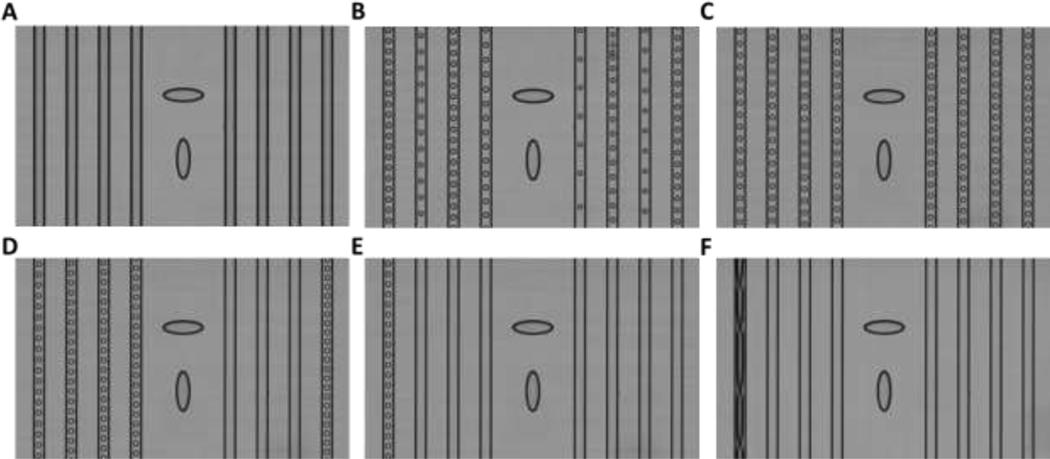Figure 1. Time course of oil emulsion droplet generation on a Raindance source chip.
Images of droplets as displayed on the Raindance source instrument control software (ICS) interface as they are being generated and move through the device in each channel in real time. (A) Image of the channels on the source chip when the first drops from each sample are being formed and ready to enter the channels/lanes. (B) Droplet images as the Raindance source instrument is in the process of adjusting the air pressure and consequently the flow rate via a so-called “proportional-integral-derivative” feedback loop mechanism to generate 5 picoliter drops with proper size and spacing. (C) Droplets are being generated in all lanes with uniform spacing. (D) In some lanes dropletization is completed (as indicated by blank lanes). (E) In most lanes dropletization is completed. (F) Dropletization in all lanes is nearly completed. (In the first lane in (F), the elongated droplets indicate that all the sample in the lane has been dropletized, and the lane will shortly be blank.) Time elapse since the beginning of dropletization: (A) 0 minute; (B) 0 minute 3 seconds; (C) 0 minute 15 seconds; (D) ~15 minutes; (E) ~16 mintues; (F) ~17 minutes.

